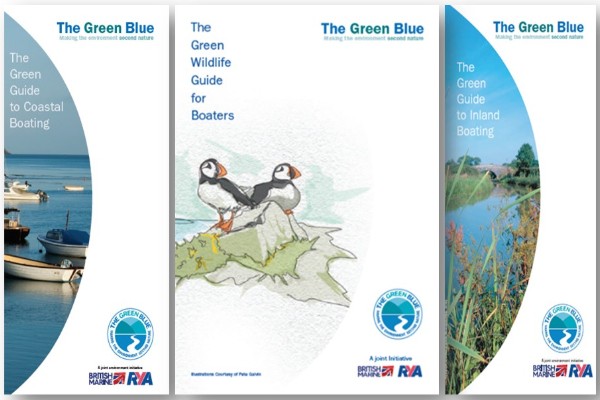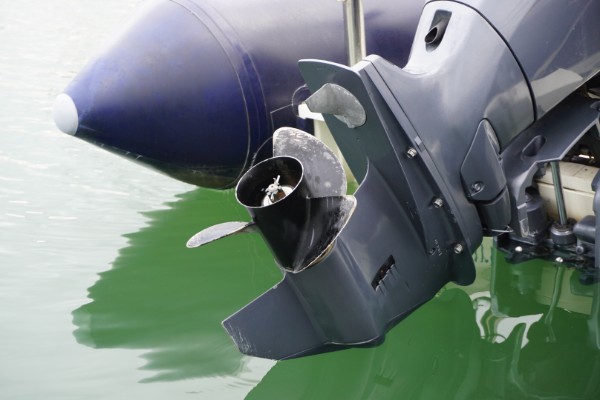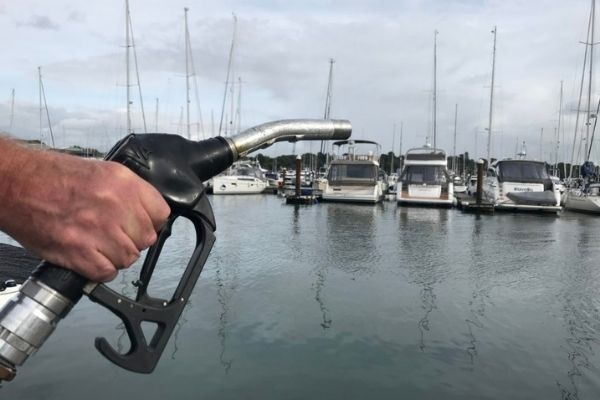WHAT IS THE ISSUE?
When we use energy sourced from the burning of fossil fuels directly or to produce electricity we are contributing to the emissions of greenhouse gases (GHGs), e.g. carbon dioxide, into our atmosphere. The increase in GHGs is contributing to global warming as an increased layer of gas absorbs more infra-red radiation in the atmosphere. The increase in global average temperature is resulting in sea level rises and the increase in extreme weather conditions, resulting in significant impacts on the recreational boating community.
Example impacts:
- Flood risk will cause loss of waterside facilities, damage to existing facilities and raise insurance prices.
- Increase in ocean temperatures will result in damage to habitats e.g. through coral bleaching and the decline in certain wildlife that we enjoy experiencing and rely on to survive and sustain our economy.
- A shift in species territory as they move with changes in regional climate and water temperatures. So although we will start to experience new species arriving in UK waters we will also see the loss of our native species as they either migrate to other areas in search of conditions they are adapted to or will decline from being exposed to new diseases introduced by new arrivals or out competed for space, food, light, and nutrients.
Everything has a carbon footprint (the amount of carbon dioxide released into the atmosphere as a result of the activities of a particular individual, organization, or community) from the produce we buy to the kit we use on board. There are a variety of carbon footprint calculators provided online by the World Wildlife Fund and Carbon Footprint. These calculators can help you identify activities that you can change to help minimise your carbon footprint.
The good news is that we can all easily reduce our energy consumption and help determine where are energy is sourced from, both at home and on board. By introducing a few simple, low cost energy saving measures, you could save as much as 20% on your energy bills and reduce fuel consumption, so it makes sound financial and environmental sense to reduce consumption and cut emissions as much as possible.
WHAT CAN YOU DO?
- Consider the alternatives available such as electric and bio-diesel engines, water lubricated stern glands, and low VOC paints and varnishes.
- Change to low energy electrics including LED lighting and use solar or wind energy where you can.
- Think about emissions required to extract natural resources from the environment, transport them and then manufactured to make new products – try to limit the amount of products you need, reuse items, avoid single use items, donate equipment and kit to others and buy second-hand.
- Try to use only FSC certified wood from responsibly managed forests.
- Avoid using single use items e.g. invest in a reusable drinks bottle and containers.
- Keep your hull clean, engine running efficiently with regular servicing, and trim the engine to minimise fuel consumption.
- Buy local produce and products as much as possible to minimise transport emissions.
- If your boat has sails, then use them as often as you can to minimise the use of your engine.
- Recharge your batteries through electric hook-ups onshore instead of running your engine. This will not only reduce emissions, but also keep the air cleaner for you and others enjoying the area as well as minimising noise levels.




